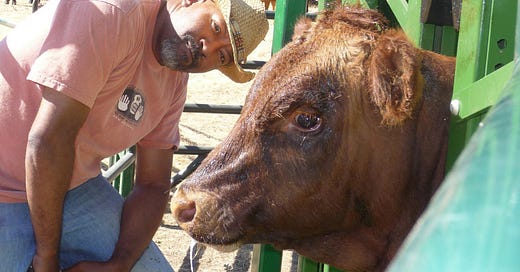One of the ways to remain easily Stoic is to read quite enough good science fiction so that you can anticipate the ways and means the world might degenerate at some point in the future. Most of our popular science fiction even portrays the dystopian and post-apocalyptic in ways that have become rather pedestrian. Do we really need another zombie movie o…
Keep reading with a 7-day free trial
Subscribe to Stoic Observations to keep reading this post and get 7 days of free access to the full post archives.




